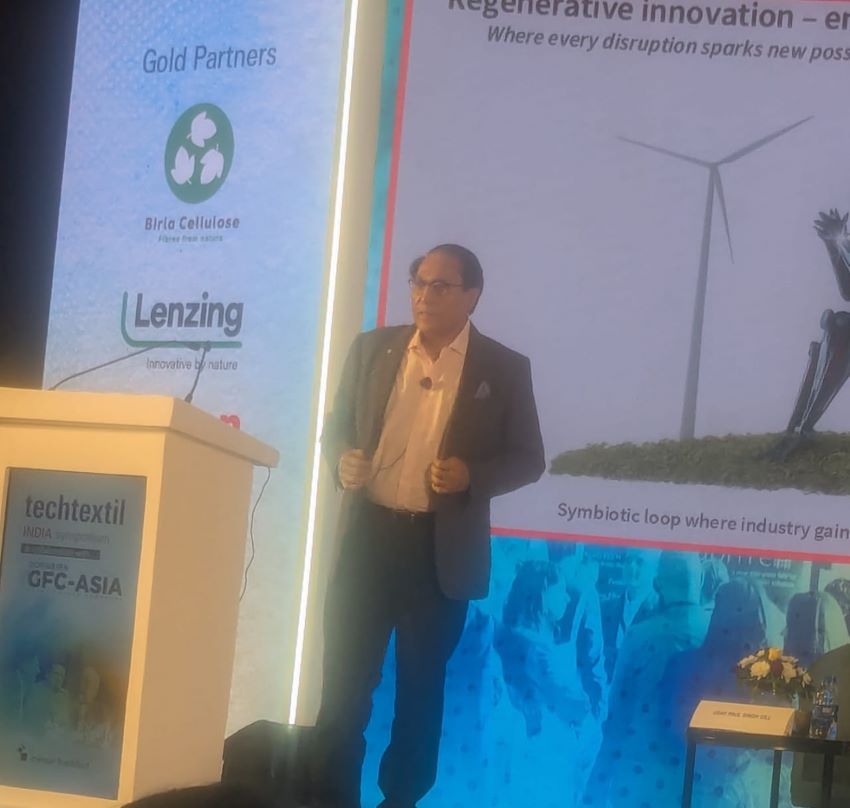Bangladesh's trade privilege in US markets has again been suspended as President Donald Trump's administration goes on to enforce the trade preference programme's eligibility. The Generalised System of Preferences (GSP) facility for Bangladesh was suspended in June 2013 post the Rana Plaza building collapse in April, the reasons cited being poor labour rights and unsafe working conditions in factories. The Obama administration had asked for 16 conditions to be fulfilled in order to regain the trade privilege. Bangladesh fulfilled the conditions and twice submitted reports to United States Trade Representative (USTR).
But the US has not been reinstating the trade privilege, now citing poor labour rights. In this year's review, Bangladesh could not come out from the list of countries suspended from GSP benefits. Argentina, for one, was being reinstated to the GSP programme, from January 1, 2018, following resolution of certain arbitral disputes with US companies. The US also restored trade benefits to The Gambia and Swaziland under the African Growth and Opportunity Act.
Ambassador Robert E Lighthizer, the USTR and chief trade negotiator for the Trump administration, in a statement stated, “President Trump has sent a clear message that the United States will vigorously enforce eligibility criteria for preferential access to the US market. Beneficiary countries choose to either work with USTR to meet trade preference eligibility criteria or face enforcement actions. The administration is committed to ensuring that other countries keep their end of the bargain in our trade relationships,” it added.
A senior official from the Commerce Ministry was reported to have said. “We do not expect reinstatement of GSP to the US market anymore as the American government has been giving newer conditions to be fulfilled by Bangladesh.”
The US is the single largest export destination for Bangladesh. As a least developed country, 97 per cent of goods originating from Bangladesh are eligible for duty-free benefits on export to US markets as per the decision of the Hong Kong Ministerial Meeting of World Trade Organization in 2005. However, the country's main export item, garments, has not been included in this “97 per cent package” although garment items comprise 95 per cent of Bangladeshi exports to the US in a year.
American Apparel Footwear Association (AAFA) noted that the GSP programme saved American companies nearly $730 million in import duties in 2016 and is on track to save even more in 2017.












